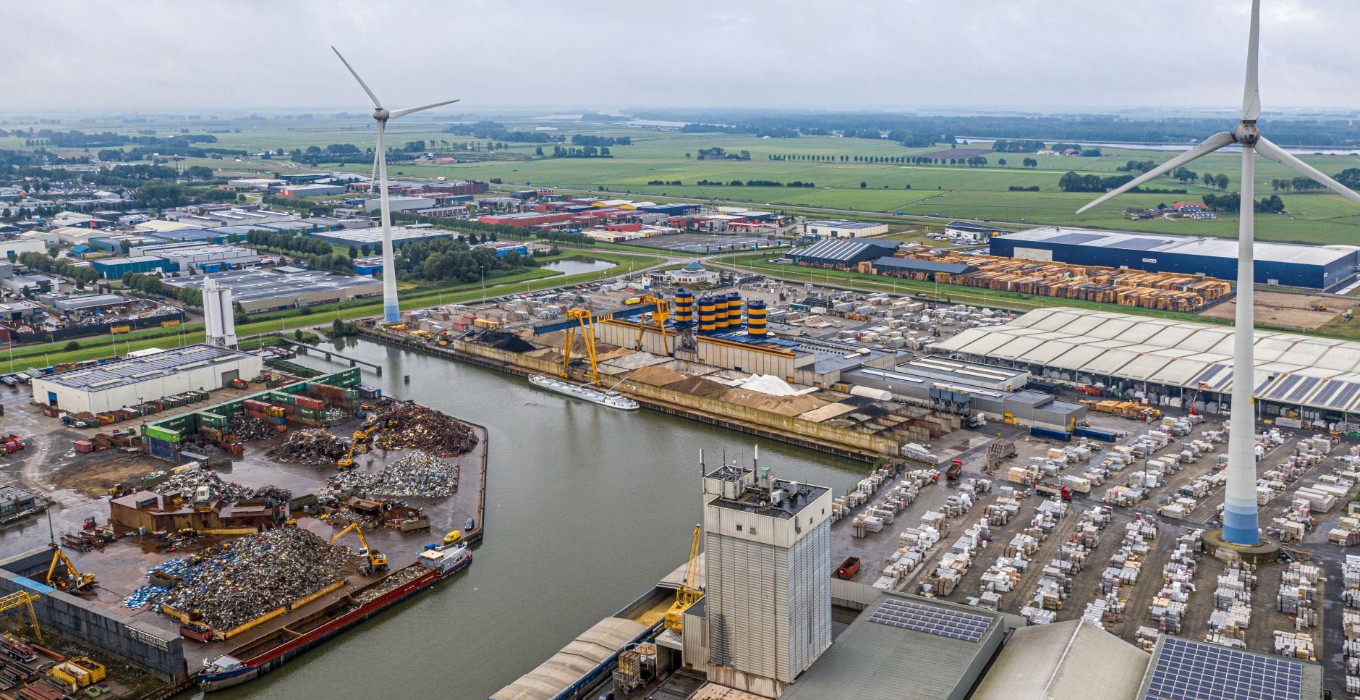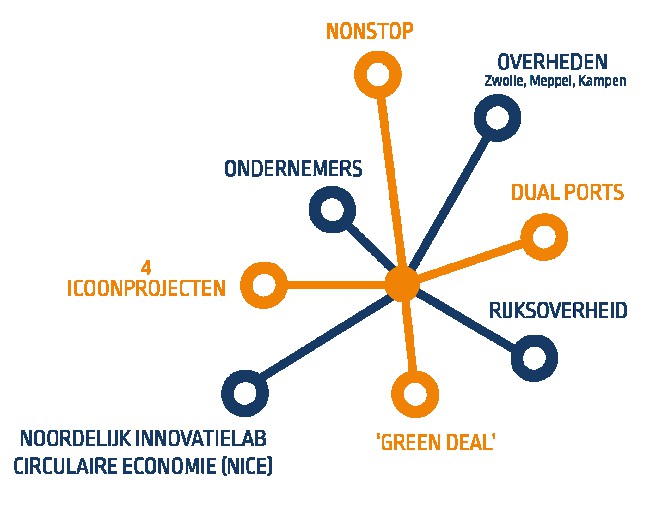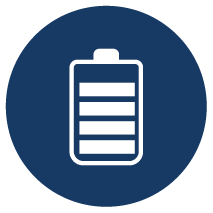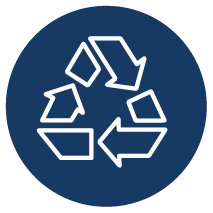
Regio Deal Regio Zwolle
Port of Zwolle, Logistics Hub for Circular Business Activity
The Zwolle Region is emerging as one of the leading economic areas in the Netherlands. The Port of Zwolle, with its multimodal connections, plays a crucial role in driving the regional economy. As a logistics hub, Port of Zwolle stands out due to its highly strategic location and the ongoing development of its two inland ports and a large-scale industrial area. The unifying strategy is to create a business environment conducive to circular economy activities, energy transition, and climate adaptation. Port of Zwolle is developing as an international hub with a sustainable focus.
Mission Port of Zwolle
- Port of Zwolle is developing into an international hub focused on circularity, energy transition, and climate adaptation to achieve sustainable growth.
- Port of Zwolle is a driver of business development aligned with the transition to a vital and circular economy.
- Port of Zwolle sets the standard for circular area development with effective solutions that balance the economy and ecology.

Partnerships
Port of Zwolle is working within the Regio Deal Regio Zwolle to further leverage its strategic location and strengthen the investment climate. The projects within the Regio Deal are ambitious. Economic structural reinforcement, circular economy, energy transition, and climate adaptation go hand in hand. Port of Zwolle collaborates closely with the Northern Innovation Lab for Circular Economy (NICE). Together with entrepreneurs and local governments in the region, circular leads and business cases are being driven forward through a learning and working program for professionals, with the involvement of young talent.
4 Icon Projects
The ports of the future will serve as breeding grounds for a fundamentally new approach to the complex sustainability challenges we face as a society. The interconnected issues of nitrogen, CO2, pressure on biodiversity and climate, and resource use are currently addressed separately. Port of Zwolle opts for integrated circular area development, within which four mutually reinforcing icon projects set the tone.
 New Port in Kampen as a Battery for the Zwolle Region
New Port in Kampen as a Battery for the Zwolle Region
In the Melmerpolder near Kampen, Port of Zwolle plans to create a new port that generates more energy than it consumes. This new port will function as a battery for the Zwolle Region. As such, this icon project is a pioneer in sustainable port development in the Netherlands. The Zwolle Region aims to be energy-neutral by 2050 and meet the goals of the Paris Climate Agreement. The municipality of Kampen aims to be energy-neutral by 2035.
 New Port in Meppel as a Resource Hub
New Port in Meppel as a Resource Hub
Port of Zwolle plans to establish the new circular port Oevers S near Meppel, where the region's central resource hub will be developed. This hub will process waste materials for reuse, turning them into valuable raw materials: an upcycle hub. This initiative contributes to the goal of a waste-free Zwolle Region by 2030. The new port in Meppel will feature modern infrastructure designed for circular industry.
 Hessenpoort as a Testing Ground for Climate Adaptation
Hessenpoort as a Testing Ground for Climate Adaptation
At the large-scale business park Hessenpoort, area development will create a physical testing ground for climate adaptation. The hub will serve as a demo site for CO2-neutral transport, sustainable energy production and use, and circular construction. As the testing ground is designed as a prototype of the IJssel-Vechtdelta, it will also serve as a demonstration area for water-related challenges. This project aligns with the ambition of Zwolle to become a climate-adaptive Hanseatic city by 2025.
 Circular SME-LAB for the City and Region
Circular SME-LAB for the City and Region
Port of Zwolle, together with NICE, is developing a regional transition workshop: the Circular SME-LAB. Businesses can visit this lab for knowledge, capacity, exchange, and inspiration. Through a special learning and working program, they will discover what circularity means for their company. Learning by doing is at the core of this initiative. NICE will involve students from regional vocational, higher education, and university institutions in the SME-LAB, allowing young talent to develop skills for a circular economy and remain in the region.
Milestones
- 2025: Zwolle Climate-Adaptive
- 2030: Meppel Waste-Free
- 2035: Kampen Energy-Neutral
Share with: